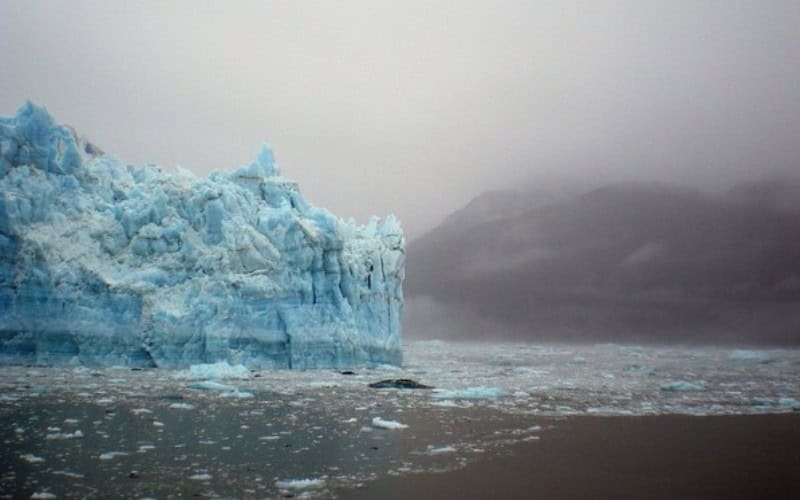Washington: A new study now finds that our oceans are much warmer than previously thought. Driven by climate changes caused by human, they are heating up faster than earlier believed.
The study published this week in the journal Science showed that the world’s oceans have got much warmer since the 1960s. According to study authors, 2018 would be the warmest year on record for oceans, CNN reported.
Rising ocean temperatures have far bigger consequences upon life on Earth as well.
Rising sea levels: The study says this effect alone could make sea levels rise 30cm (12 inches) by the end of the century. Speaking about it, Stephen Simpson, associate professor in marine biology and global change at the University of Exeter, in the UK, said that while it does not sound like much, but there are many large cities around the world, much built on reclaimed land, that are not more than 30cm above sea level. Rising sea levels could cause millions of people to be displaced.
Furthermore, warming oceans are causing polar ice sheets to melt faster, which will make sea levels rise even more. The combination of melting ice and expanding water could cause sea levels to rise by up to a meter by 2100. Hundreds of millions of people could be forced to leave their homes.
Weather gets more extreme: Warmer oceans make tropical storms more intense and longer lasting. Notably, Hurricane Harvey, which brought more than 1.5 meters (60 inches) of rain over four days in late August 2017, was made worse by unusually warm ocean temperatures.
Speaking to CNN, Brad Linsley, research professor Columbia University’s Lamont-Doherty Earth Observatory said that warming temperatures also mean changing rainfall patterns. “Higher temperatures lead to more evaporation, so parts of the earth will get wetter and parts will get drier,” he added.
Ocean life under threat: Coral reefs are especially sensitive to warmer seas. Between 2016 and 2017, half the corals at the Great Barrier Reef were killed by two ocean heat waves. Also, increased flooding causes more nutrients to be washed into sea. This leads to plankton bloom causing some parts of the sea to be starved of oxygen, making it hard for fish to live there.
Food security: Fish species respond to warmer oceans by migrating to cooler, experts say. But the waters in some parts of the world are getting too warm for any fish — and that could lead to food shortages in those areas.
Melting sea ice: Warmer seas are causing sea ice to melt. Sea ice floats on the ocean surface, so when it melts it doesn’t affect sea levels. However, there is less sea ice to reflect heat from the sun back into space, which means the planet gets warmer. This becomes problematic for both animals and some Arctic communities.
[source_without_link]ANI[/source_without_link]

